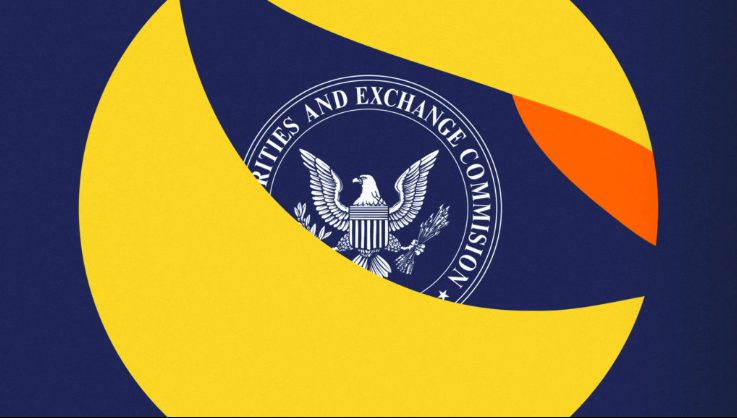The LUNA-UST fiasco got everyone from the crypto community talking. Right from harsh criticisms to recovery plan modification suggestions, CT has been flooded with all kinds of remarks. At press time, both of Terra’s assets were trading in red—UST was valued $0.09, while LUNA was down to $0.00017.
The collapse of the Terra ecosystem further managed to trigger regulators. Last week, when the whole de-pegging episode was in play, United States Treasury Secretary Janet Yellen claimed that digital assets presented risks similar to that of bank runs.
Gensler opines on crypto investor safety
Gary Gensler, chair of the US Securities and Exchange Commission, is now the latest to comment on the crypto ecosystem post the Terra episode. Per a Reuters report, Gensler asserted on Monday that cryptocurrency assets are highly speculative and investors need more protection. Else, he added, they could lose trust in the markets.
The SEC chair went on to outline how investors who buy cryptos do not essentially get the disclosures like they get when they purchase other assets. Per him, facets like transparency ain’t up to the mark and people usually don’t come to know if the trading platform they are using is actually trading against them or whether they actually own the assets they store in digital wallets, etc.
Talking at the Financial Industry Regulatory Authority’s annual conference in Washington, Gensler added,
“We have this basic bargain: You the investing public can make your choices about the risk you take, but there is supposed to be full and fair disclosure, and people are not supposed to lie to you.”
Is decentralization merely a joke now?
Well, crypto was created in the wake of the 2008 global financial crisis as a way for people to control their money themselves—without having to rely on governments, companies, or other third parties. But per Gensler, regulators have a crucial role to play.
He told while crypto markets are thought of as decentralized, the reality is that most activity occurs on a handful of trading platforms, which, along with token issuers, need to work with the SEC to improve industry rules and disclosures.
Gensler further brought to light to basic market principles and added checkboxes like, “anti-fraud, anti-manipulation, making sure there’s not front-running, making sure an order book is actually real and not made up.”
The SEC chair went on to assert that the regulatory agency would continue to be “a cop on the beat,” while working with the Commodity Futures Trading Commission to ensure all cryptos are covered.
He concluded by stating,
“There’s a lot to be done here, and in the meantime the investing public is not that well protected.”





